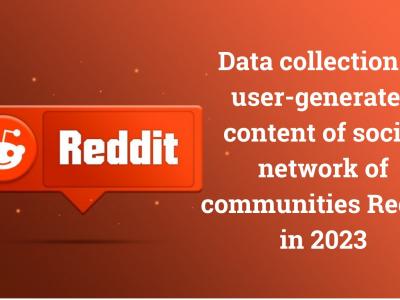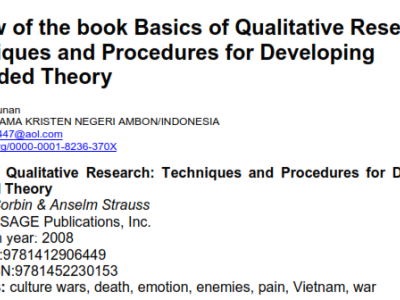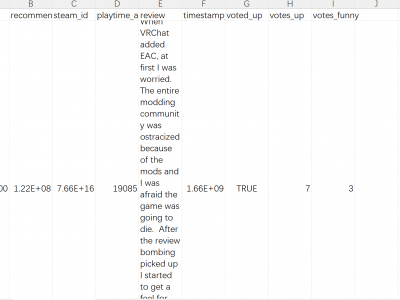Social Sciences
This data collection focuses on capturing user-generated content from the popular social network Reddit during the year 2023. This dataset comprises 29 user-friendly CSV files collected from Reddit, containing textual data associated with various emotions and related concepts.
- Categories:
 2162 Views
2162 ViewsGoal
The goal of this project is to leverage Amazon Web Service's machine learning services to create a dataset that automatically adds and updates files on IEEE DataPort's S3 storage. Through this process, we sought to learn and demonstrate how an ongoing data collection script can create a shared living dataset by streaming data to our IEEE DataPort dataset storage. In the process, we also hoped to gain further insights into areas including:
- Categories:
 244 Views
244 ViewsThe following dataset contains social network (Vkontakte) profile characteristics of 1358 Russian-speaking subjects and measured psychological traits, verbal and fluid intelligence. The user’s profiles, posts and reposts were processed, emotional coloring, sentiment, intent characteristics were extracted from them. Each participant answered BigFive inventory, Raven’s advanced progressive matrices, Verbal intelligence test.
The Big Five Inventory in Russian adaptation7 was used for measuring five main domains.
- Categories:
 564 Views
564 Views
It is widely believed that political news is often slanted to suit news publishers' ideology. Politically slanted news can influence its readers to focus on different aspects of contentious social and political issues and hinder effective discussions. To identify political slants in news and their influence on readers, we analyze Election-related news and user response to the news on Twitter. We collect Election-related news from six mainstream US news publishers covering the 2020 US Presidential Elections. We compute news publishers' political slants based on the favorability of news towa
- Categories:
 132 Views
132 Views
The employee (white-collar) behavioral from Indian IT industry where data has various features like age, gender, training (TR), creativity (CR), psychological contract fulfilment (PC) and organizational citizenship behavior (OCB). The scales are likert scales ranging from "1 to 5" where "5" being highest and "1" being lowest, and are adapted from different HRM core papers. Each scale is independent and can be used separately. The data is behavioral in nature. The reliability of the construct was tested using Cronbach’s alpha resulting in 0.959.
- Categories:
 42 Views
42 Views
The concept of wellness, as proposed by Halbert L. Dunn, recognizes the importance of multiple dimensions, such as social and mental well-being, in maintaining overall health. Neglecting these dimensions can have long-term negative consequences on an individual's mental well-being. In the context of traditional in-person therapy sessions, efforts are made to manually identify underlying factors that contribute to mental disturbances, as these factors, if triggered, can potentially lead to severe mental health disorders.
- Categories:
 166 Views
166 Views
Basics of Qualitative Research: Techniques and Procedures for Developing Grounded Theory
By Juliet Corbin & Anselm Strauss
Publisher: SAGE Publications, Inc.
Publication year: 2008
Print ISBN:9781412906449
Online ISBN:9781452230153
Keywords: culture wars, death, emotion, enemies, pain, Vietnam, war
- Categories:
 167 Views
167 Views
User's Behvoiur Scores with cyber attack victim as label
- Categories:
 371 Views
371 Views
This dataset was created by following these steps. First, online reviews of HMD VR devices are collected and refined. Second, variables are deduced from previous studies, and then appropriate keyword candidates for the deduced variables are selected. Topic modeling is conducted to examine whether the deduced variables sufficiently represent all the reviews, and other variables are added if necessary.
- Categories:
 117 Views
117 Views



